Ahead of today's US-Russia preliminary peace talks, French President Emmanuel Macron convened a summit of European leaders in Paris to discuss what defense capabilities Europe could provide to give credible guarantees to Ukraine, including an offer to grant Ukraine automatic NATO membership conditional on a Russian ceasefire breach, The Guardian writes.
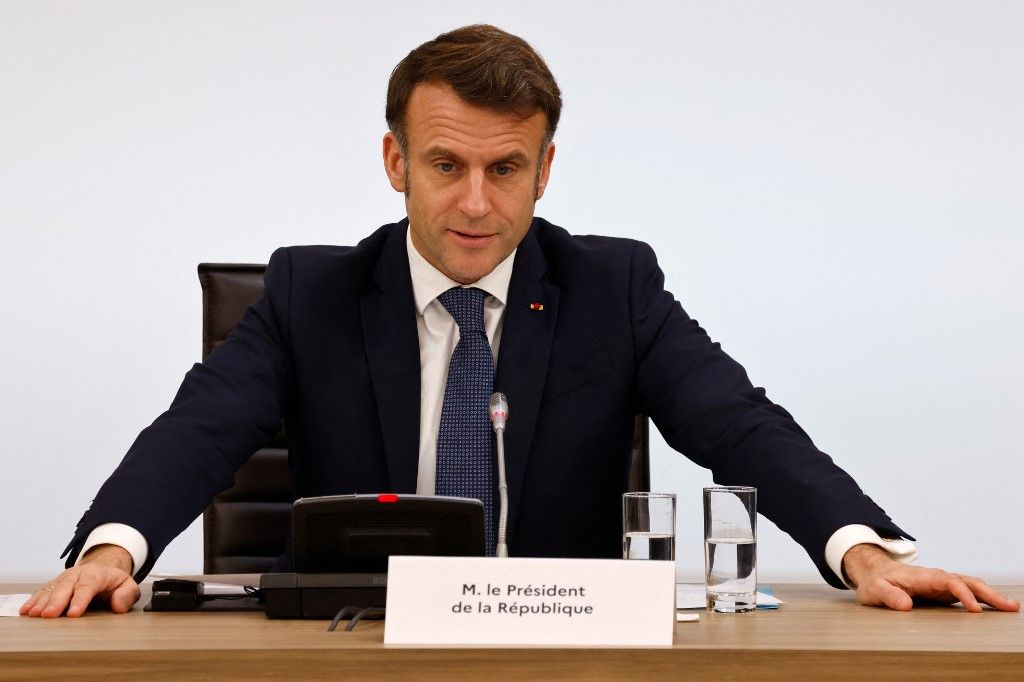
The summit, organized in a Weimar+ format, included France, Germany, Poland, the UK, Italy, Spain, and Denmark.
Keith Kellogg, the US special envoy on Ukraine, briefed European leaders in Munich on the US negotiating strategy, which Polish Foreign Minister Radoslaw Sikorski described as unorthodox. Seeing Trump's determined moves for peace, Macron and European leaders fear that Russia may seek to create a sphere of influence similar to the situation after the Yalta Agreement that the United States signed in 1945 with Britain and the Soviet Union without involving other nations.
Gathering in Paris of pro-war European leaders
Pro-war, anti-Trump European leaders are gathering in Paris on Monday to prevent a Ukraine peace agreement from being reached, Hungarian Minister of Foreign Affairs and Trade Peter Szijjarto said is Astana.
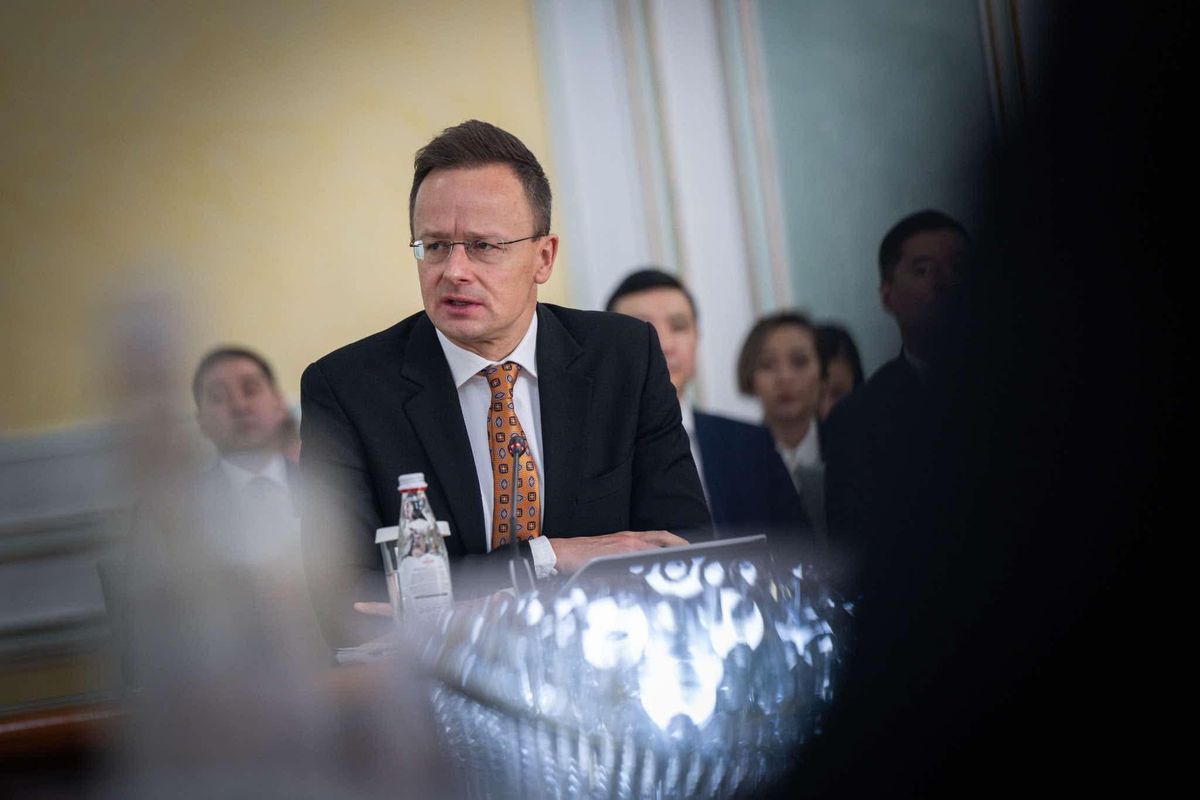
Hungary's foreign minister highlighted:
We have been labeled as Russian propagandists and spies just because we argued for a diplomatic solution (…) Those who do not want peace are organizing in Europe. Pro-war forces are organizing in Europe. (…) They want to prevent peace in Ukraine, but we have wanted peace from the beginning. We support the US-Russia negotiations, and unlike them, we want peace in Ukraine.
Paris meeting – missed opportunities
In the context of the Paris summit, Laszlo Foldi pointed to missed opportunities.
The EU and European leaders feel bitter because they are well aware that Moscow and Washington will be deciding over their heads,
Laszlo Foldi, intelligence expert, told Magyar Nemzet.
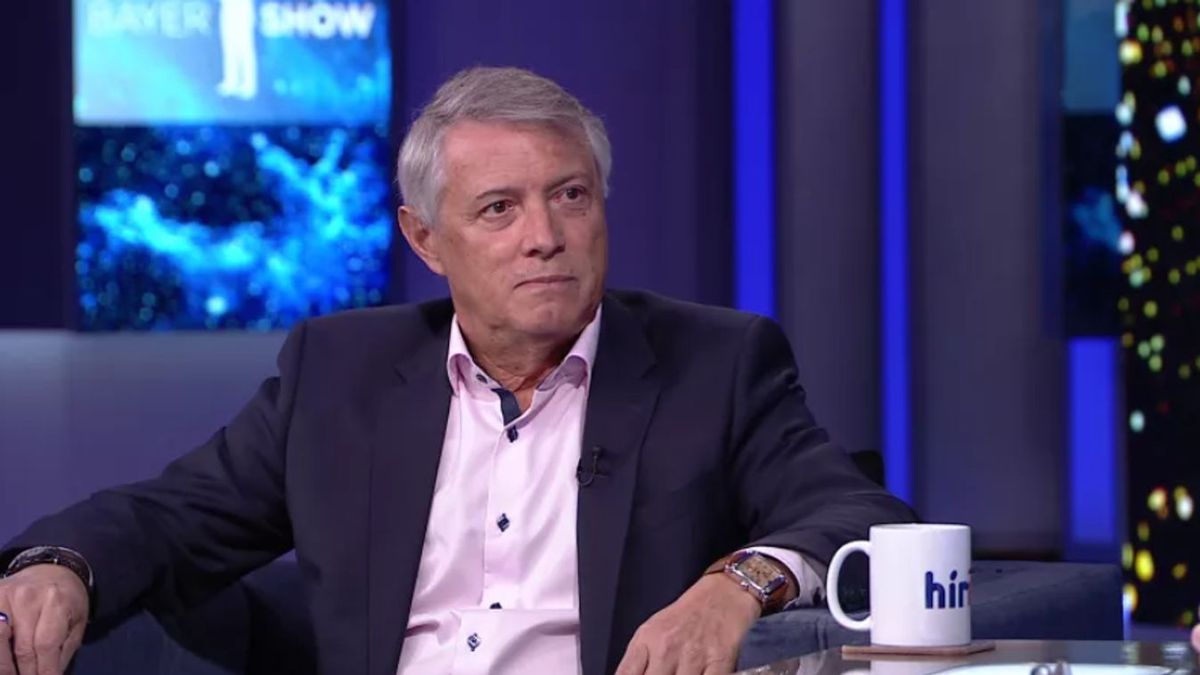
For them, the most painful thing is that Viktor Orban was right again. The Hungarian prime minister had already tried to launch a peace process during Hungary's EU presidency last year when he went to Moscow, Washington, Brussels and Beijing as part of his peace mission, and he acted not as the Hungarian prime minister but as the representative of the EU, as the leader of the country holding the EU presidency,
Laszlo Foldi emphasized. Viktor Orban warned Europe last July that if it does not switch to a pro-peace policy before the US presidential elections, it can only do so after Donald Trump's election victory by admitting defeat and assuming political responsibility alone.
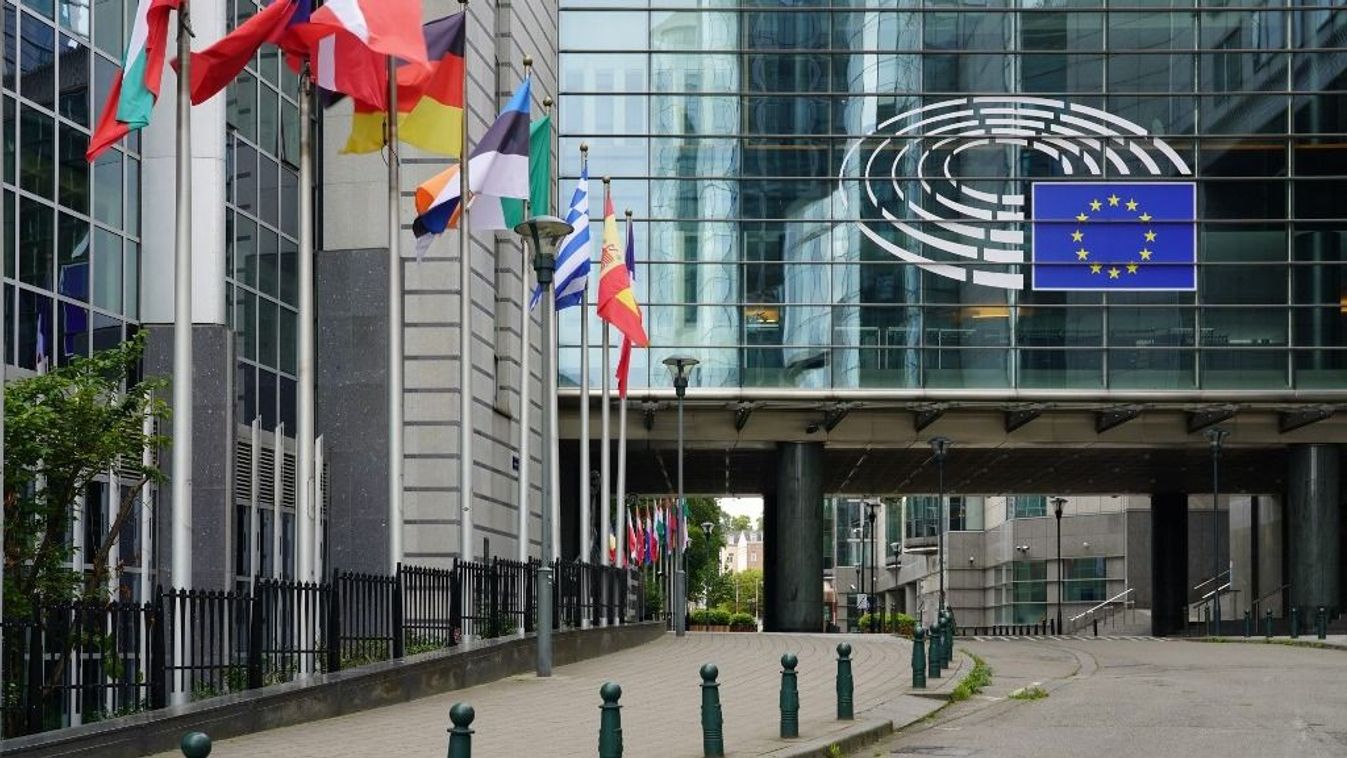
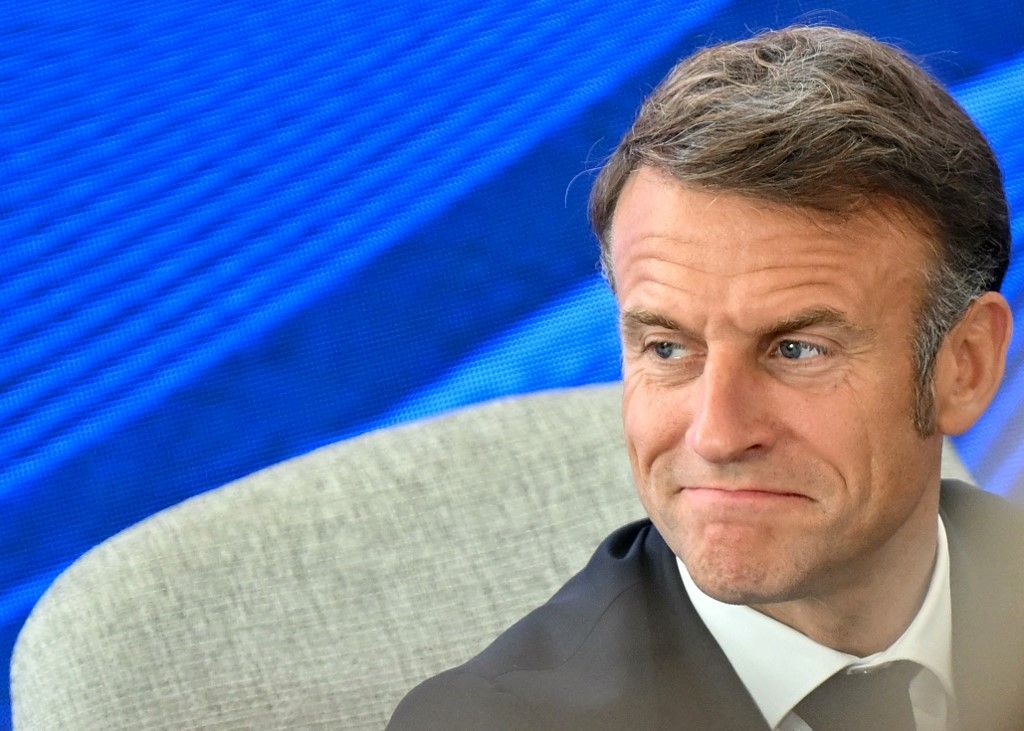
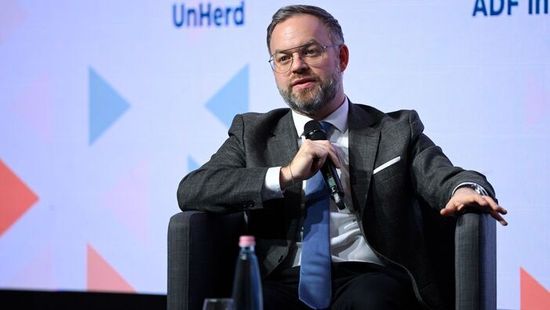
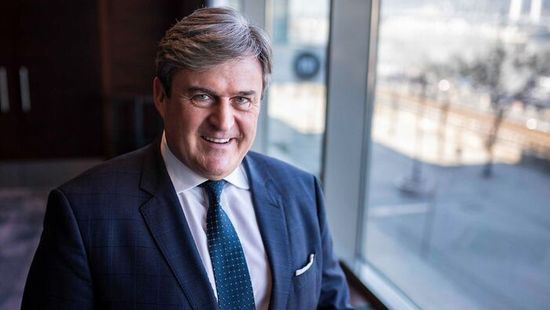
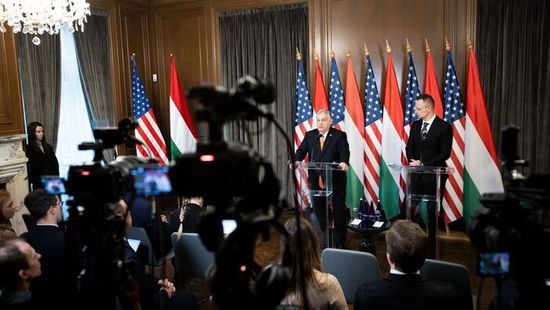
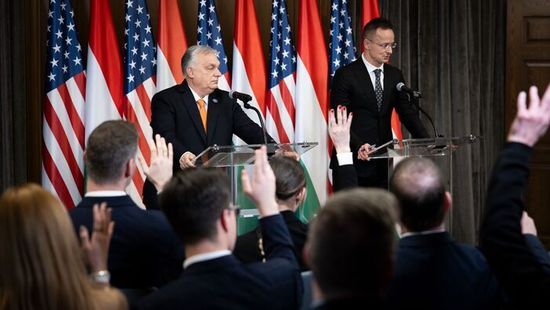

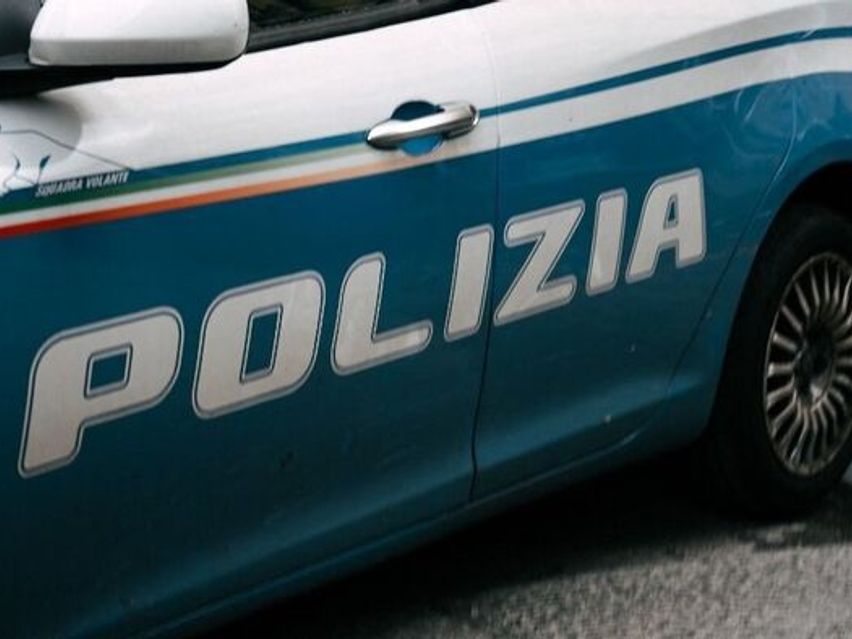
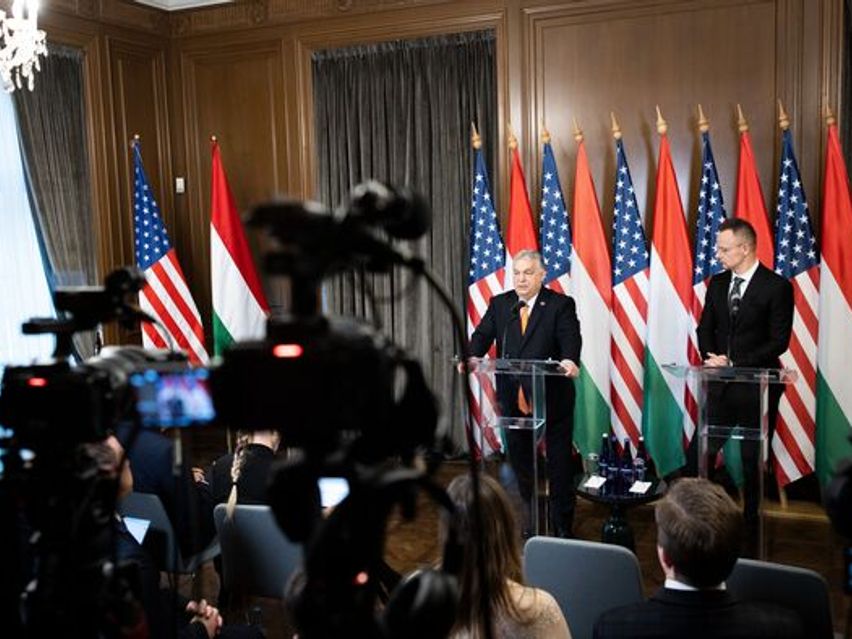
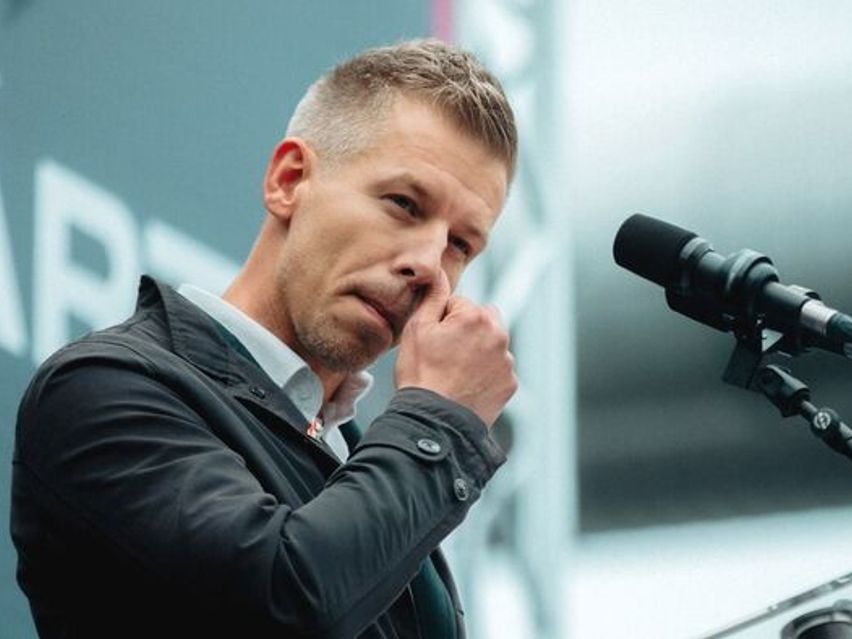
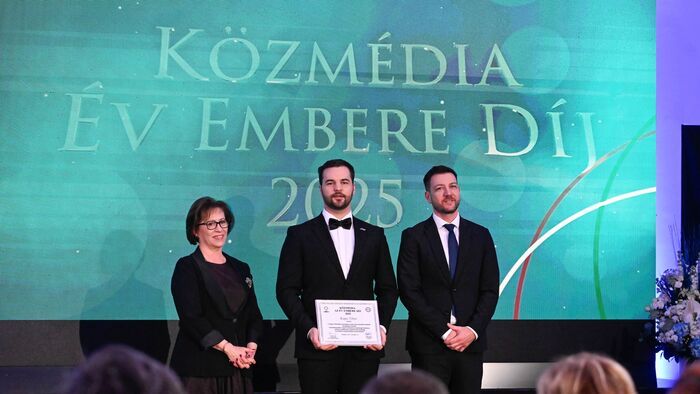

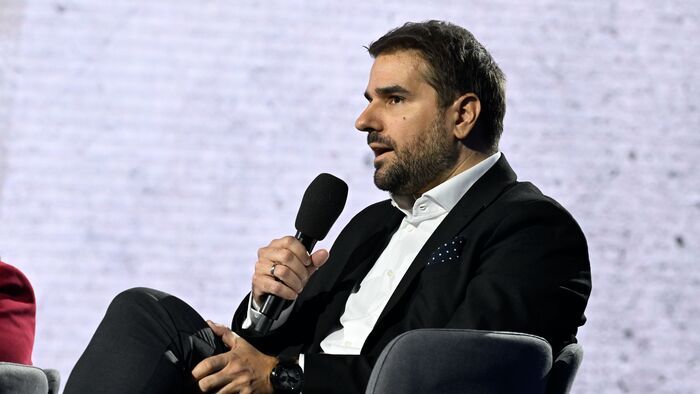
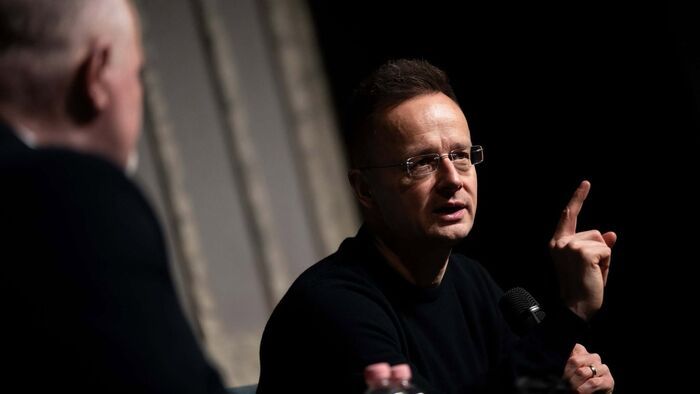
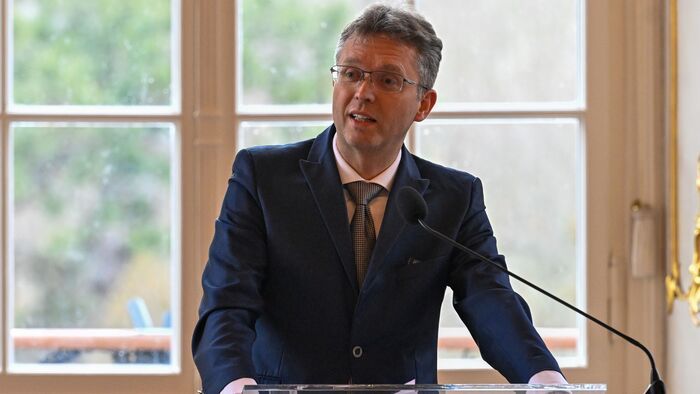

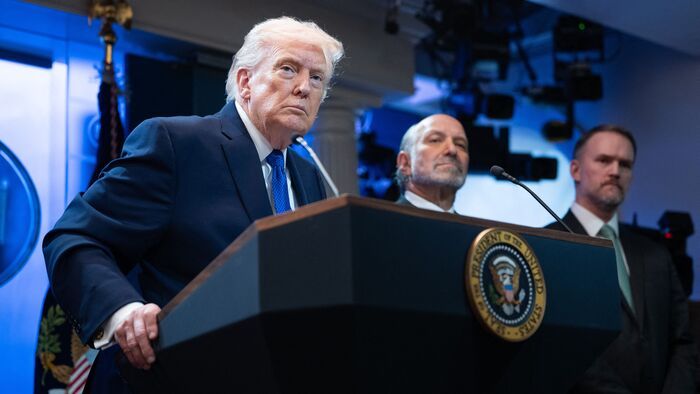
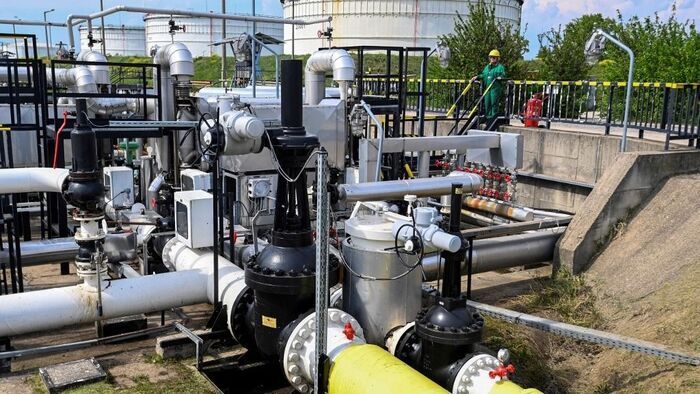
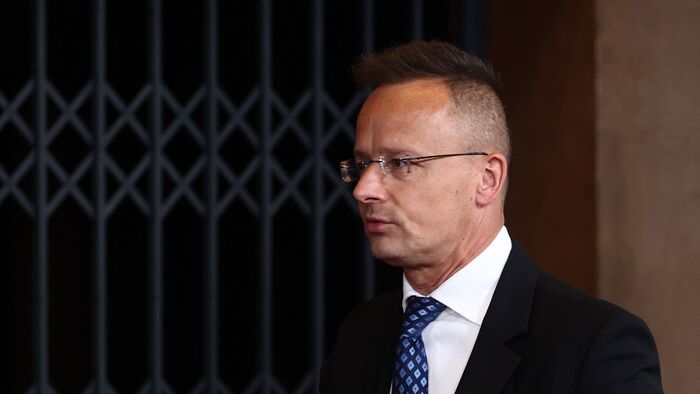

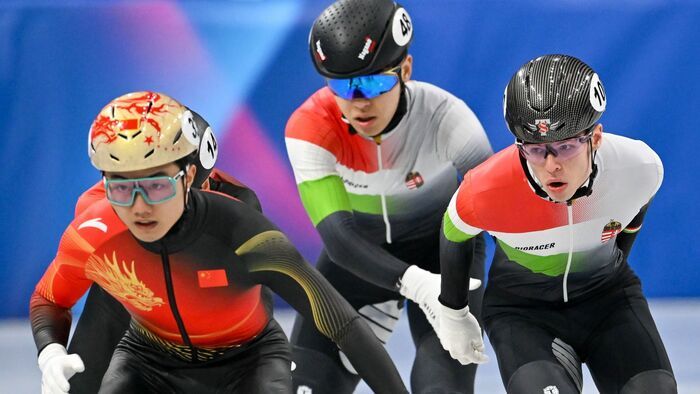
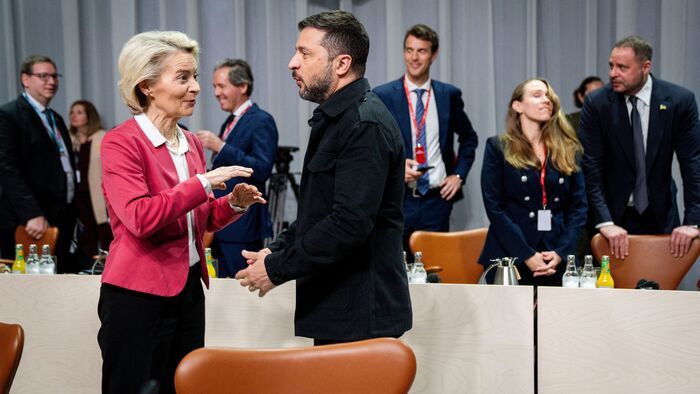
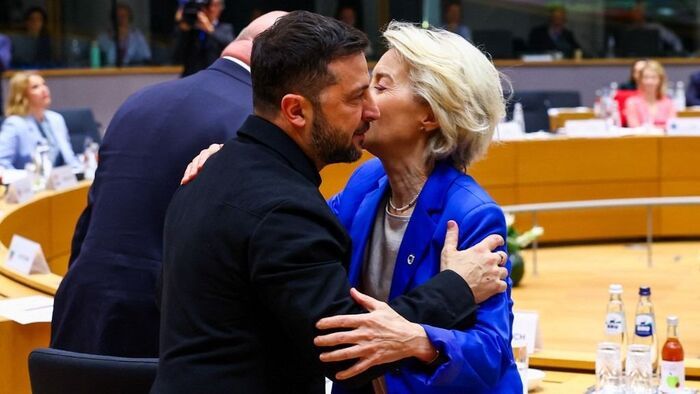

Szóljon hozzá!
Jelenleg csak a hozzászólások egy kis részét látja. Hozzászóláshoz és a további kommentek megtekintéséhez lépjen be, vagy regisztráljon!